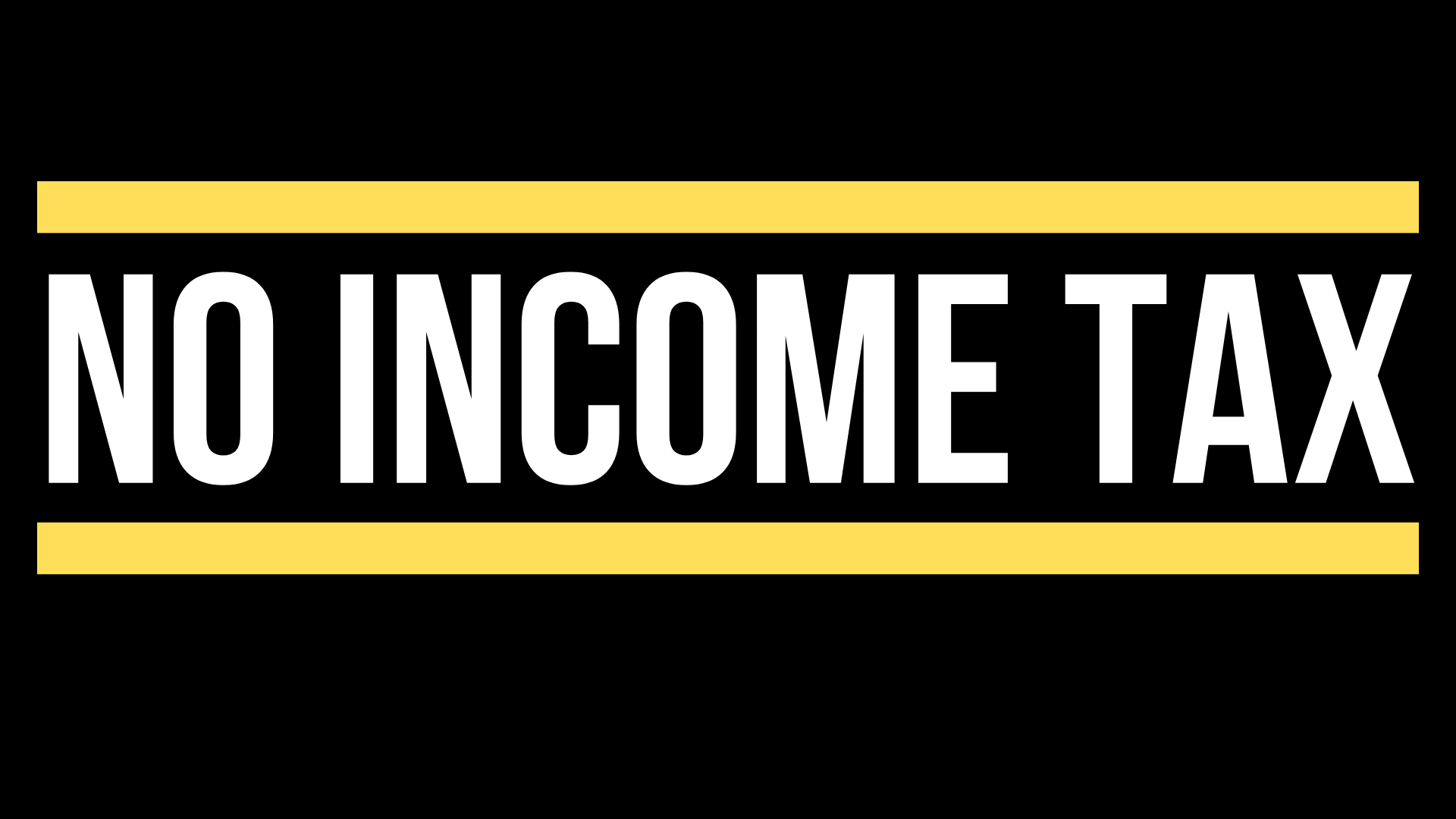Property tax relief is receiving serious consideration by the legislature this session. While this is a positive development, some of the proposed bills also seek to remove an important constitutional protection requiring the uniform treatment of property. Those proposals could be seen as being a trojan horse to open the doors to discriminatory tax policy, including a graduated income tax.
Consider the differences between SJR 8204 (Concerning property tax relief) and SJR 8206/HJR 4205 (Concerning property tax rebates).
These are each proposed constitutional amendments to help provide property tax relief. SJR 8206/HJR 4205, however, would also repeal the uniformity clause in the constitution that requires property to be taxed the same. Supporters of SJR 8206 stated in public testimony that removing the uniformity clause is necessary so that lawmakers can “disincentiviz(e) certain types of property ownership.”
Here is how Washington’s constitution currently restricts the taxation of property:
“All taxes shall be uniform upon the same class of property within the territorial limits of the authority levying the tax and shall be levied and collected for public purposes only. The word ‘property’ as used herein shall mean and include everything, whether tangible or intangible, subject to ownership.”
As explained by non-partisan committee staff:
“Background: Uniformity Clause. The Washington State Constitution requires that state and local property taxes be uniform within each class of property. Real property constitutes a single class of property under the Constitution. Uniformity requires both an equal rate of tax and equality in valuing the property. Based on the uniformity requirement, differential treatment of different types of real property is disallowed. Under the Constitution, the Legislature may, by general laws, exempt property from taxation.”
Here is a summary of the testimony provided by Sen. Frame on SJR 8206 according to the bill report:
“The constitutional amendment differs from the other Senate proposal in that it repeals the uniformity clause. The uniformity clause is a relic of the past. A person's primary residence is not just property, it is not just an asset, it is their home. The uniformity clause forces lawmakers to treat a person's home the same a large skyscraper commercial property. The uniformity clause prevents the Legislature from disincentivizing certain types of property ownership. Repealing uniformity will allow lawmakers to narrowly tailor the exemption so that it reaches those who need it most.”
Sen. Frame also acknowledged during questions on the bill that repealing the uniformity clause would open the door to a graduated income tax but said she doesn’t see that as a concern since no one is proposing that type of tax (15:00 min mark of hearing).
Of note, Washington voters have rejected 10 straight income tax proposals, including six proposed constitutional amendments.
Though not discussed during the public hearing, the uniformity clause is also a legal obstacle to the proposed wealth tax under consideration. According to the state Department of Revenue:
“There is litigation risk that the courts would invalidate the wealth tax on the grounds that it is a property tax that conflicts with the uniformity provisions of Article VII, Section 1 of the Washington Constitution.”
As shown by SJR 8204, property tax relief is possible without repealing the uniformity clause. Removing this tax protection for property from the constitution (as proposed by SJR 8206/HJR 4205) opens the door to not only a graduated income tax and wealth tax, but also a split roll and other types of discriminatory tax policy that treats taxpayers and property differently instead of uniformly.
Additional Information
Washington’s constitution has broadest definition of property in the country






